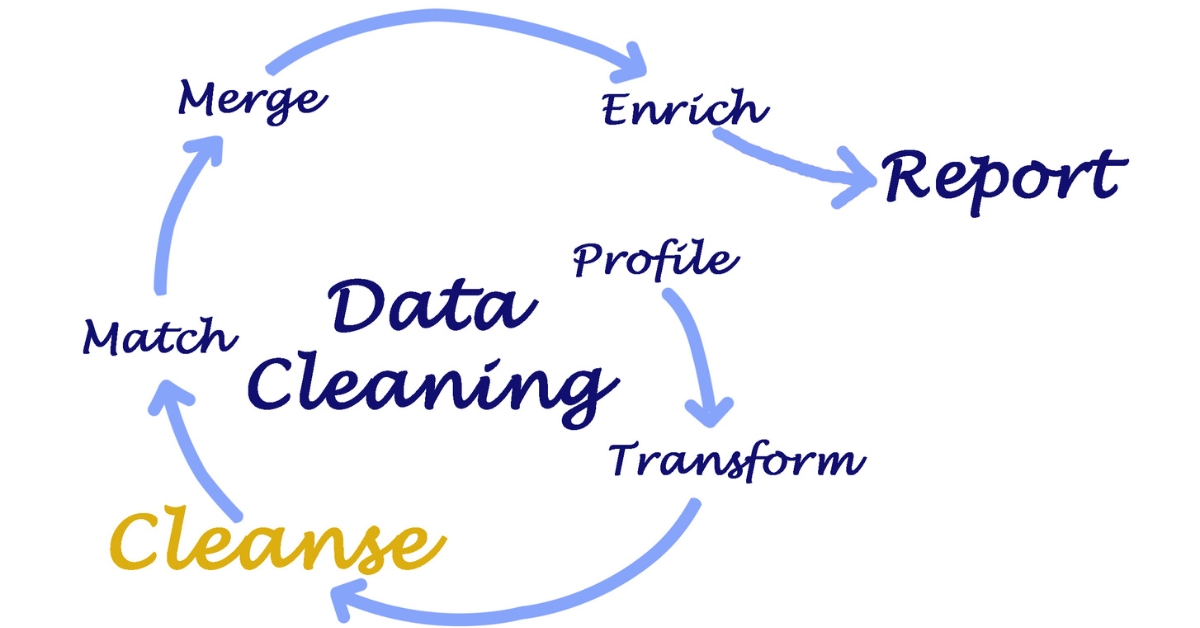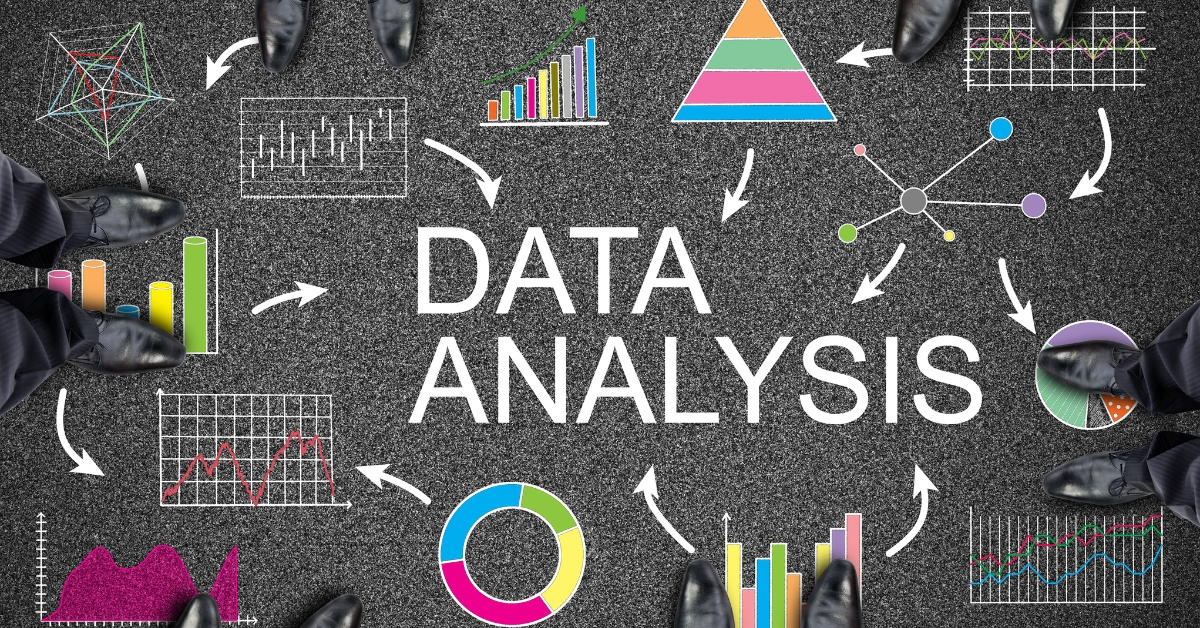Currently Empty: $0

The Role of Data Analytics in Business Decision Making
Introduction
In today’s fast-paced business world, making informed decisions is more critical than ever. With the sheer volume of data available to companies, relying solely on intuition is no longer sufficient. Data analytics has become an essential tool for businesses to extract meaningful insights from raw data, enabling them to make data-driven decisions that enhance efficiency, profitability, and customer satisfaction. Here’s a look at the role of data analytics in business decision-making and how it can empower organizations to thrive in an increasingly competitive landscape.
1. Uncovering Insights from Data
The primary role of data analytics is to transform large datasets into actionable insights. Businesses collect vast amounts of data from various sources, including sales, customer behavior, market trends, and financial transactions. Analyzing this data enables companies to identify patterns, trends, and correlations that would be impossible to recognize through manual observation. For example, data analytics can reveal consumer preferences, seasonal trends, and purchasing behaviors, providing valuable information that can guide marketing, sales strategies, and product development.
2. Improving Operational Efficiency
Data analytics helps businesses streamline operations by identifying inefficiencies and areas for improvement. By analyzing operational data, including supply chain metrics, inventory levels, and employee productivity, companies can optimize their processes, reduce waste, and lower costs. For instance, data analytics can pinpoint areas where production is slow or identify bottlenecks in the workflow, enabling businesses to implement targeted solutions that enhance overall efficiency.
3. Enhancing Customer Experience
Understanding and anticipating customer needs is one of the most powerful applications of data analytics. By analyzing customer data, businesses can gain deeper insights into preferences, purchase behavior, and feedback. This information can then be used to create personalized experiences, targeted marketing campaigns, and improved customer service. For example, data analytics can help businesses recommend products that customers are likely to purchase based on their browsing history or previous purchases, thereby increasing customer satisfaction and loyalty.
4. Predictive Analytics for Future Planning
Predictive analytics uses historical data and statistical algorithms to forecast future trends and outcomes. This is invaluable for business decision-making as it allows organizations to anticipate market shifts, customer demands, and potential risks. For example, a retail company can use predictive analytics to forecast sales for the upcoming season, enabling it to plan inventory and staffing levels accordingly.
5. Supporting Strategic Decisions
Data analytics supports high-level strategic decisions by providing a clear, data-backed view of the company’s performance, market conditions, and competitive landscape. With access to accurate and real-time data, business leaders can make better-informed decisions regarding mergers, acquisitions, investments, and expansions.
Conclusion
Data analytics is a powerful tool that enables businesses to make more informed, intelligent decisions. By turning data into actionable insights, companies can enhance operational efficiency, improve customer experiences, and plan for future growth. As the volume of data continues to grow, leveraging data analytics will become increasingly essential for staying competitive and making informed business decisions.
#DataAnalytics #BusinessDecisionMaking #DataDriven #BusinessIntelligence #PredictiveAnalytics #CustomerExperience #OperationalEfficiency #BusinessStrategy #BigData #DataInsights


 0
0



